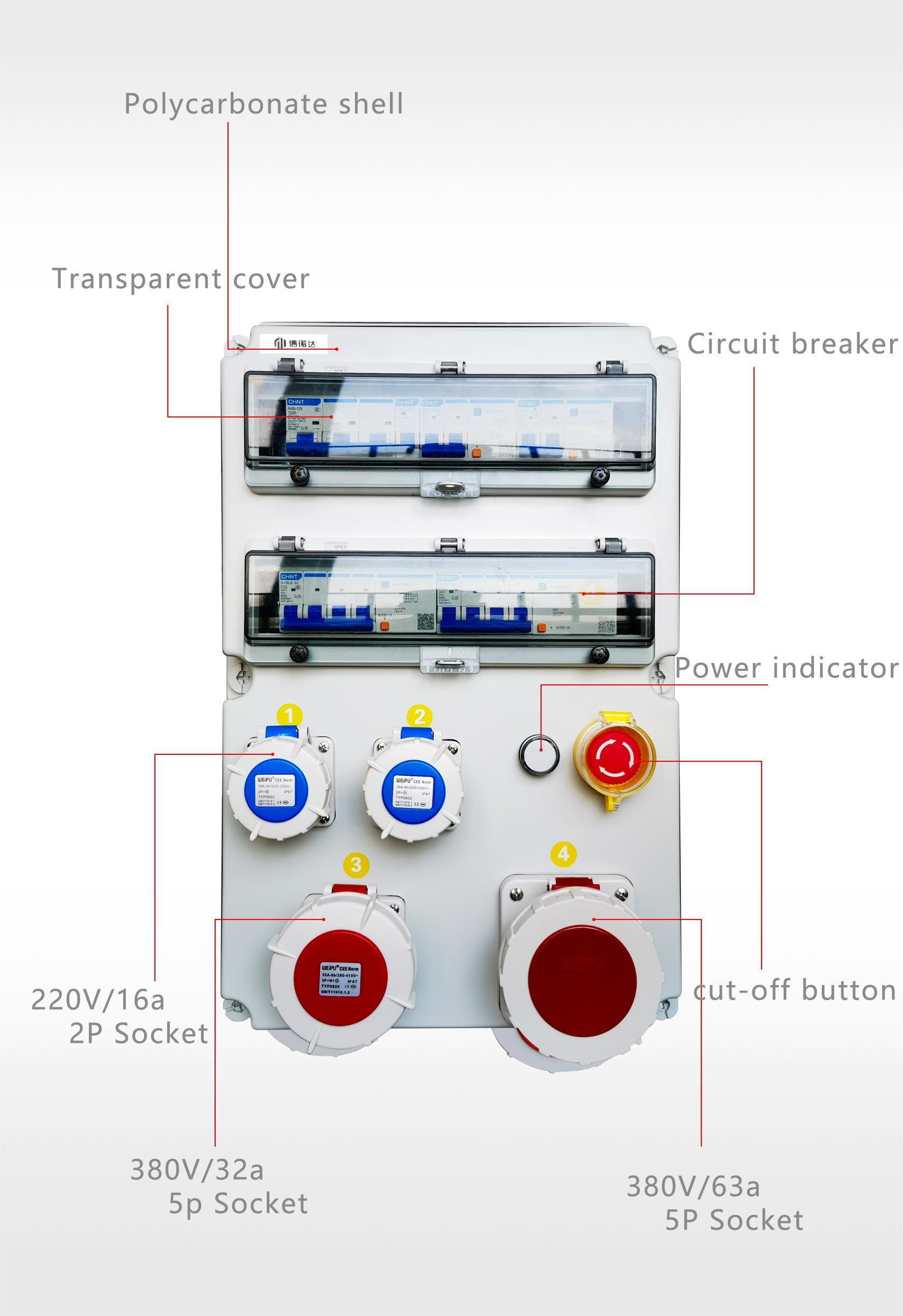Powering the Future: Unleashing the Potential of Lithium Batteries
Lithium batteries have revolutionized the world of portable energy storage and are widely recognized as a game-changer in various industries. From consumer electronics to electric vehicles and renewable energy systems, lithium batteries have emerged as the go-to choice for their exceptional performance, high energy density, and longer lifespan. In this article, we will delve into the technology behind lithium Battery pack, their benefits, applications, and their impact on shaping a sustainable future.

1. The Science behind Lithium Batteries
Lithium batteries are rechargeable energy storage devices that utilize lithium ions to facilitate the flow of electrons during charging and discharging. They are based on the movement of lithium ions between the positive and negative electrodes, typically made of lithium cobalt oxide and carbon-based materials, respectively. This electrochemical reaction results in the storage and release of electrical energy.
2. High Energy Density and Lightweight Design
One of the primary advantages of lithium batteries is their high energy density, meaning they can store a significant amount of energy in a relatively compact and lightweight package. This characteristic makes lithium batteries ideal for portable electronic devices such as smartphones, laptops, and wearable gadgets. The high energy density enables longer battery life and ensures devices can operate for extended periods without the need for frequent recharging.
3. Longer Lifespan and Enhanced Durability
Compared to traditional battery chemistries, Rechargeable Lithium Battery have a longer lifespan and exhibit excellent cycle life. This means they can undergo a greater number of charge and discharge cycles without significant degradation in performance. The advanced chemistry and design of lithium batteries contribute to their durability, allowing them to withstand the rigors of daily use and provide reliable power for an extended period.
4. Versatile Applications
Lithium batteries have found widespread applications across various industries. Some notable examples include:
Recommended article:What are Applications of Liquid Crystal Light Valves?
Single Phase String Inverter: Powering Solar Energy Conversion Effortlessly
Advantages of Residential Energy Storage: Self-Sufficiency and Cost Savings
How Does the Design and Construction of Power Resistors Impact Their Performance and Reliability?
10 Questions People Ask About LiFePO4 Power Stations
How does a liquid crystal display work?
What Does a CBB60 Capacitor Do?
a) Consumer Electronics: Lithium batteries power a vast range of consumer electronics, from smartphones and tablets to digital cameras and wireless headphones. Their high energy density and long cycle life make them ideal for meeting the demands of portable devices.
b) Electric Vehicles (EVs): The automotive industry has embraced lithium batteries for their potential in electric vehicles. Lithium batteries offer higher energy density, enabling longer driving ranges, faster charging times, and improved overall performance. The transition to lithium batteries in EVs is driving the shift towards cleaner and more sustainable transportation options.
c) Renewable Energy Storage: Lithium batteries play a crucial role in storing energy generated from renewable sources such as solar and wind power. They provide a reliable and efficient means of storing excess energy during periods of low demand and releasing it when needed. This contributes to the stability and integration of renewable energy into the grid.
d) Medical Devices: Lithium batteries are extensively used in medical devices, including pacemakers, defibrillators, and portable medical equipment. Their high energy density and long-lasting power supply ensure the uninterrupted operation of critical medical devices, enhancing patient care and safety.
5. Environmental Considerations and Sustainability
Lithium batteries offer several environmental benefits compared to traditional battery technologies. They do not contain toxic heavy metals such as lead or mercury, making them less harmful to the environment. Additionally, the increasing adoption of lithium batteries in electric vehicles and renewable energy systems promotes the transition to cleaner energy sources, reducing greenhouse gas emissions and contributing to a more sustainable future.
6. Ongoing Research and Development
The field of lithium batteries continues to evolve, with ongoing research and development focused on improving their performance, safety, and sustainability. Scientists are exploring new materials and electrode designs, such as lithium iron phosphate (LiFePO4), to enhance battery stability, reduce costs, and increase energy storage capacity.
Recommended article:Electronic Speed Controller (ESC): Unleashing the Power of Precision Control
What is a cable clamp used for?
Small Size, Big Impact: How Micro Camera Modules Are Changing Industries
What is the lead-acid battery?
Multilayer PCB: Unraveling the Technological Marvel
How do you install eye bolts?
What are Aluminum PG Clamp used for?
- 0




